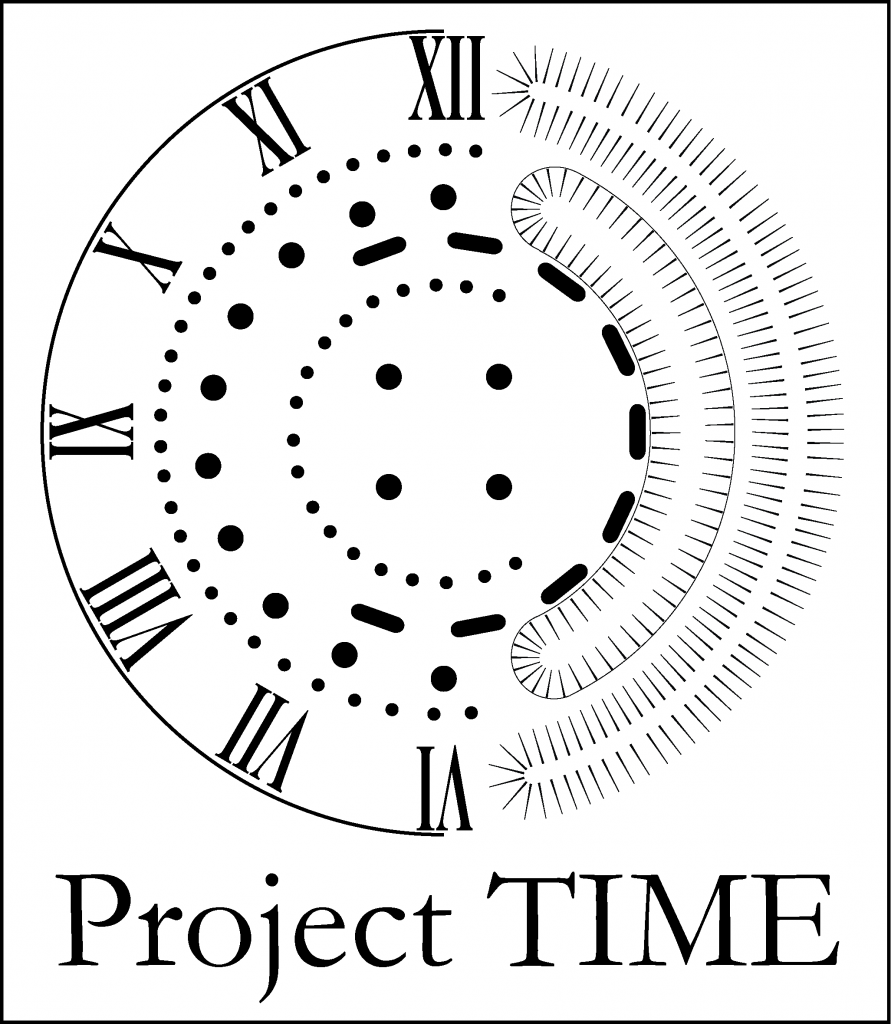
New Open Access Publications by Nick Overton and Julian Thomas on the Role of Organics in Writing Narratives of the Past
Two new open access publications by Nick Overton and Julian Thomas on the role of organics in writing narratives of the past, and the ways that scientific dating can challenge traditional chronological frameworks.
The role of organic remains, or ‘Ecofacts’, in our understanding of the past is ever-increasing, because of an expanding array of analytical techniques. In a new paper published by the journal World Archaeology, the AHRC funded Project Time, including Julian Thomas and Nick Overton at the University of Manchester, consider the importance of organic materials in a number of major research themes, including ‘Big Data’ projects, biomolecular research, the construction of radiocarbon chronologies and ‘New Materialism’ and ‘Multispecies’ archaeologies. However, they also argue that due to variable retention, preservation and curation strategies across countries and institutions, tied to a ‘curation crisis’ driven by a reduction in space, resources and funding, there is a real risk of the full potential of organic material being lost. The team finish by outlining a set of considerations for organics retention, for everyone who has any part in the recovery, curation or analysis of organic materials, to maximise future potential.
In a second paper by the Project Time group published in the Journal of Social Archaeology’ they argue that whilst new methods of scientific dating, and the analysis of these results, offer the potential to produce radical new interpretations, they are potentially bound up in problematic (and Eurocentric/colonial) concepts of chronology and the past. Traditional chronological frameworks that deal with ‘blocks’ of time such as ‘The Bronze Age’ encourage a typological and homogenizing view of people in the past, however, the team outline an alternative approach that encourages us to instead considers the heterogeneous processes of life unfolding at different places and times in the past.
Both papers are open access, and can be found through the links below:
https://www.tandfonline.com/doi/full/10.1080/00438243.2023.2179537






0 Comments